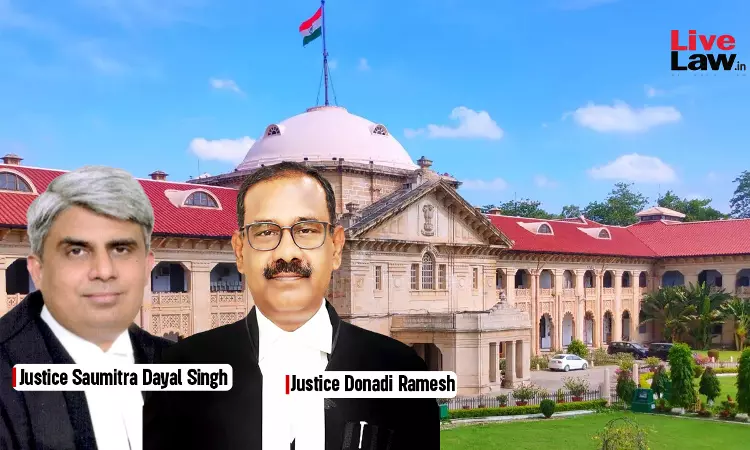Abandoning Spouse Without Reason Cruelty, Constitutes Death Of Spirit & Soul Of Hindu Marriage: Allahabad High Court
Upasna Agrawal
26 Aug 2024 11:15 AM IST

Next Story
26 Aug 2024 11:15 AM IST
The Allahabad High Court has held that leaving a spouse in a Hindu Marriage without any justifiable reason amounts to cruelty towards the spouse who has been left alone.The bench comprising Justice Saumitra Dayal Singh and Justice Donadi Ramesh held,“A Hindu marriage is a sacrament and not just a social contract where one partner abandons the other without reason or just cause or existing...
